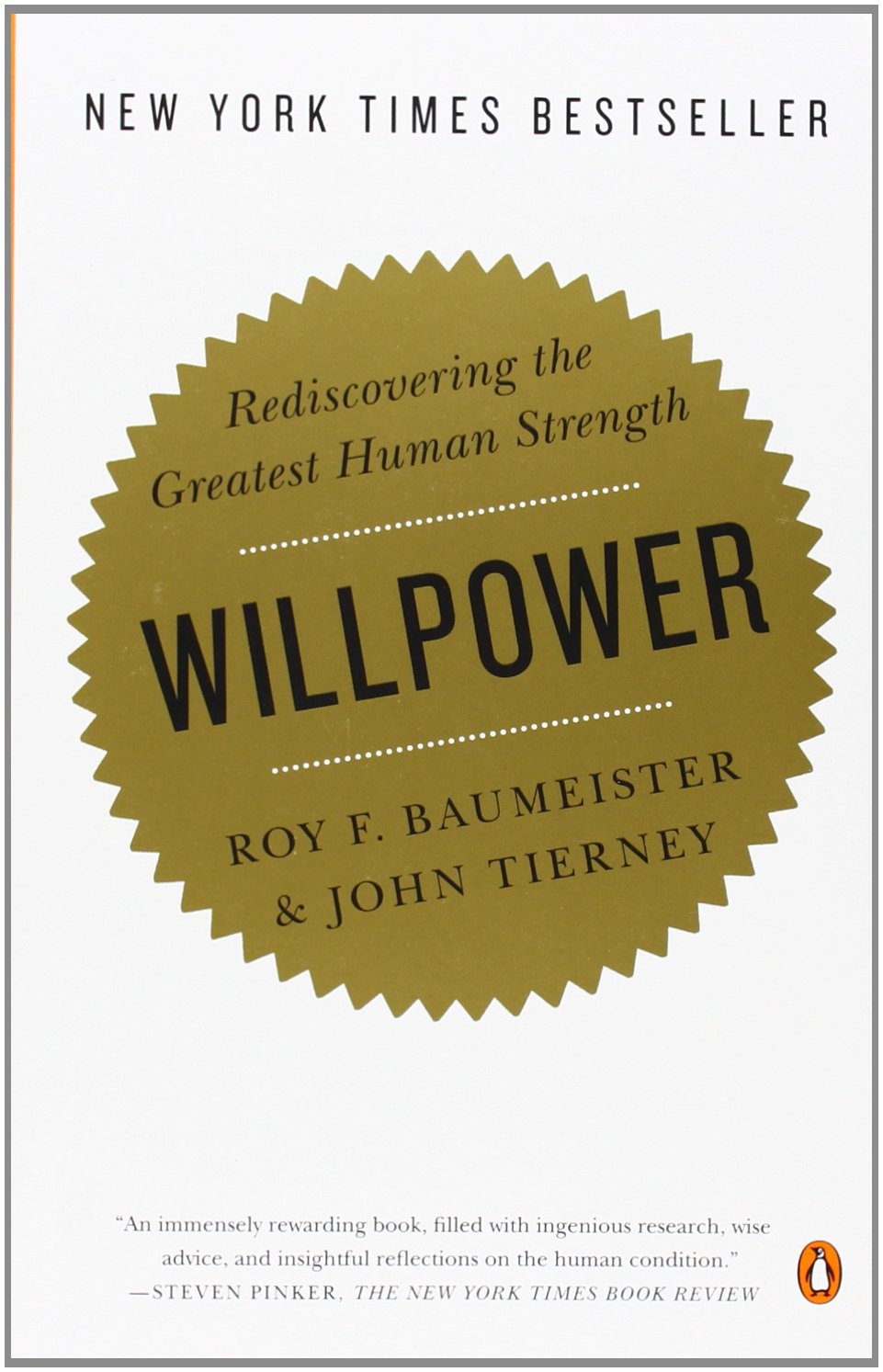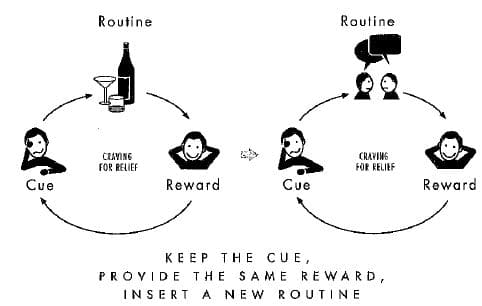Rabbi Yissocher Frand:
"At Your Service"
אז תקרא וד' יענה תשוע ויאמר הנני
“Then
you will call out and Hashem will answer; you will cry out and He will
say ‘Here I am’” (Yeshaya 58:9, Haftorah for Shacharit)
While we may many times wonder how we can have our tefillot
answered, on the day of Yom Kippur, we are revealed the secret. The
Navi Yeshaya tells us in the Haftorah reading, “אז תקרא וד' יענה תשוע
ויאמר הנני – Then you will call out and Hashem will answer; you will cry
out and He will say ‘Here I am’” (Yeshaya 58:9).
There are fourteen places in Tanach that the expression “Hineni
– Here I am” is used. Thirteen out of the fourteen places are
contextually the same with the servant responding to the master, “Here I
am; at your service.” Avraham responded to Hashem after he was
commanded to bind Yitzchak to the Altar, “Here I am;” Moshe Rabbeinu, as
well, used this expression when he encountered Hashem at the Burning
Bush. The one exception to the word Hineni expressing the Jewish people’s readiness to serve G-d is in this Pasuk from Yeshaya. This time, the Jews call out to their Master, the Ribono Shel Olam, and He is the One to respond “Hineni – Here I am.”
How did we get the Ribono Shel Olam to respond? What is special about this situation that causes the roles to be reversed?
The Gemara (Yevamot 63a) tells us what this Pasuk is referring to:
והמקרב את קרוביו... עליו הכתוב אומר אז תקרא וד' יענה תשוע ויאמר הנני
One who brings his relatives near, upon him the verse
says, “Then you will call out and Hashem will answer; you will cry out
and He will say ‘Here I am.’”
What
do we have to do to have our prayers answered? What is this Pasuk
telling us to do to shake the heavens? Finish Shas in one year? Recite
Sefer Tehillim every day? Give millions of dollars to tzedakah? No.
Bring your relatives close. Just be nice to your sister-in-law.
Why is this the secret formula?
The
Maharal clues us into the underlying reason: “The Ribono Shel Olam’s
relationship with Klal Yisrael is that of a relative.” We are Hashem’s
family. And when we act kindly to our family, Hashem says, “I will deal
with you measure for measure. If you treat your family nicely, I will
treat you nicely.”
Our
own family oftentimes presents the greatest of challenges. This is
especially true of siblings. Yet, consider for a moment which people we
are most closely related to. With whom do we share the most similar and
identical DNA? It is not our children or our parents, but our siblings.
If you have ever thought of it, the longest-lasting relationship is that
of siblings. Our siblings can live with us for sixty, seventy or even
eighty years. It is the longest relationship, yet sometimes the most
difficult.
Treating
our family as they deserve to be treated is the key to having Hashem,
our dearest Father in Heaven, say to us, “When you call out, I am at
Your service.”
As
we enter the holiest day of Yom Kippur and look to make amends and ask
forgiveness from our family and friends, we ought to take a moment and
ponder how we treat them. Do we show them our appreciation, give them
our undivided attention, treat them respectfully and considerately, and
love them unconditionally? That is the question we must ask ourselves.
If we wish to have our tefillot answered, this is where we need to
begin.
















